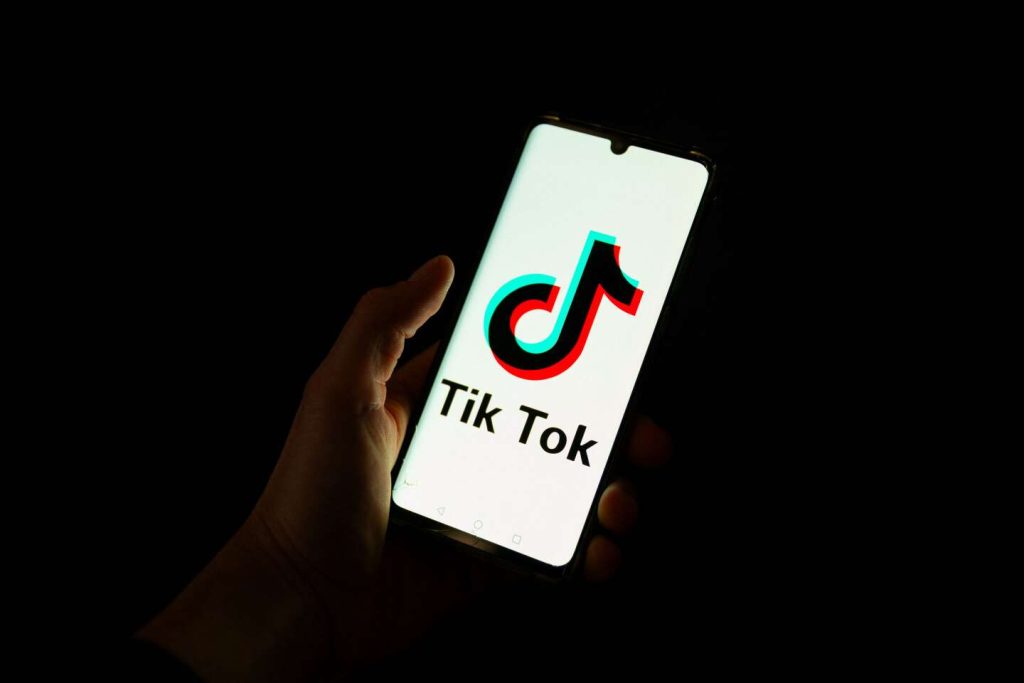In a first for France and Europe, the government has blocked access to one of the main social media networks, TikTok, in New Caledonia. This decision was made following accusations that the platform had contributed to the spread of insurrectionary unrest in the region. Despite legal challenges from organizations such as the League of Human Rights and the Quadrature du Net, as well as individuals, the Council of State rejected a request to suspend the ban. However, several key questions remain unresolved following this legal victory for the government.
The Council of State, an administrative court, did not rule on the validity of the ban itself, but rather determined that the organizations contesting the block had not provided sufficient evidence of a flagrant violation of the rights of New Caledonian residents to justify an emergency suspension of the ban. The motive behind the blockage is also strongly contested by Kanak movements and freedom defense groups, who argue that the government has not proven that TikTok played a role in the increase in violence. While some videos of fires and alleged shootings were shared on TikTok, their reach and impact were limited compared to similar content on other platforms like X (formerly Twitter) and Facebook.
It is worth noting that Viginum, the state service responsible for countering foreign interference, highlighted that a disinformation operation originating from Azerbaijan, aimed at escalating the situation in New Caledonia, was concentrated on X and Facebook, rather than TikTok. Despite this, only TikTok was blocked. Additionally, questions have been raised regarding the lack of consultation or formal requests made before implementing the ban. In the wake of riots in France in 2023, President Emmanuel Macron had suggested regulating or shutting down social media platforms in times of crisis, citing TikTok and Snapchat as contributors to violence.
The government accused Snapchat in particular of exacerbating violence through its “Snap Map” feature, which allows users to see locations where numerous public videos have been uploaded almost in real time. However, there was no evidence to suggest that this feature played a significant role in the violent outbreaks. Snapchat had already increased monitoring and moderation efforts in response and had engaged in discussions with government officials to discuss potential measures. Despite these efforts, TikTok has now been blocked without a similar level of engagement or consultation. The situation in New Caledonia remains complex, with legal and ethical questions still unresolved.
The decision to block TikTok in New Caledonia marks a significant development in the ongoing debate surrounding the role of social media platforms in societal unrest. While the government argues that the ban is necessary to address public safety concerns, critics question the evidence presented and the lack of consultation prior to implementation. The outcome of this case may have broader implications for the regulation of social media in times of crisis, both in France and beyond. As discussions continue and legal challenges persist, the future of TikTok in New Caledonia remains uncertain.


